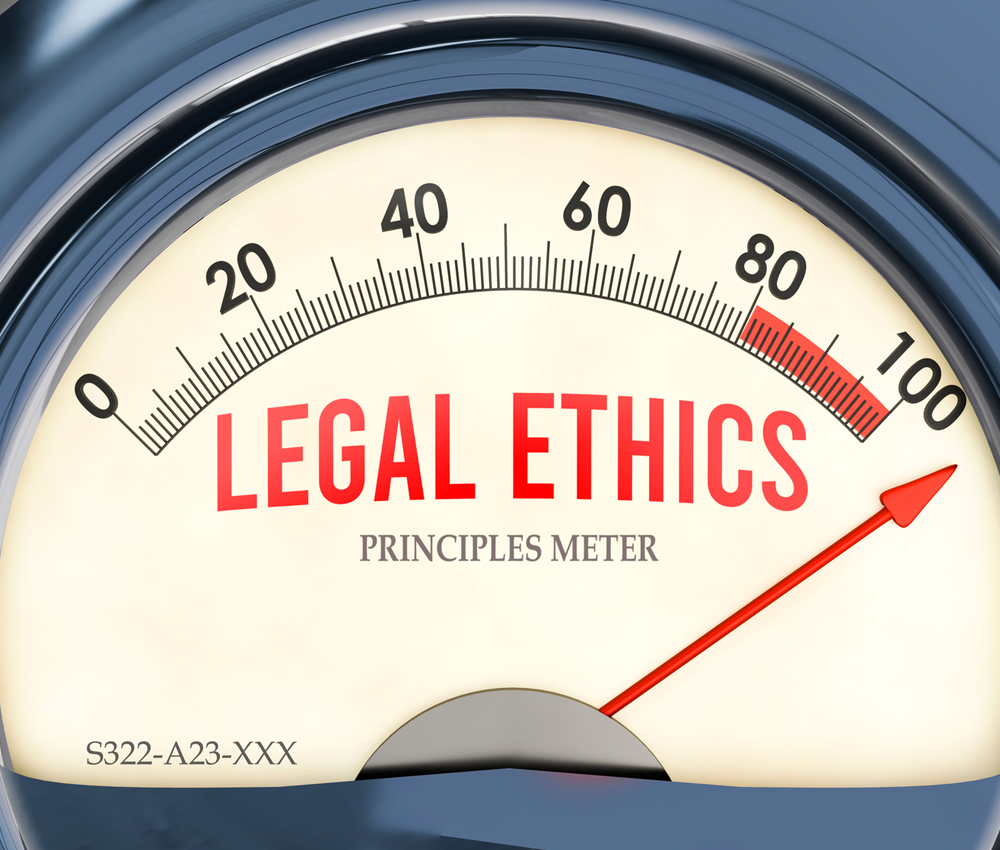Navigating Lawyer Advertising Rules in Illinois: A Practical Overview


Navigating Lawyer Advertising Rules in Illinois: A Practical Overview
By Attorney Allegra Abramson
As legal marketing continues to evolve to suit the needs of lawyers and clients in the digital age, attorneys must remain mindful of their professional obligations under the Illinois Rules of Professional Conduct. While online platforms offer tremendous growth opportunities, they can also present unique ethical concerns that mandate careful attention. For Illinois practitioners, compliance with Rules 7.1-7.5 is essential for any advertising or solicitation strategy. Read along to view our top tips for protecting yourself and your clients when it comes to advertising your services online.
Rules to Remember: The Basics
Illinois lawyers looking to expand online presence through digital marketing should closely review the Illinois Rules for Professional Conduct dictating Information about Legal Services—Rules 7.1, 7.2, 7.3, 7.4, and 7.5 Illinois has adopted these crucial ABA rules, with some state-specific modifications, to govern advertising and solicitation in the state, which protects both you and your clients.
- Rule 7.1 stipulates that communications must not be false or misleading. This includes both express misrepresentations and omissions that could lead to misunderstandings. It’s essential to choose your words carefully and consider whether there’s any risk that your audience could misinterpret your statements. According to the Rules, an attorney’s communication is false or misleading if it has a misrepresentation of fact or law that is material, or the communication is provided outside of the necessary context.
- Rule 7.2 allows advertising but prohibits giving anything of value in exchange for recommendations. (This rule contains specific exceptions.)
- Rule 7.3 addresses the direct solicitation of clients, which is particularly important for maintaining proper emailing, text messaging, and direct messaging practices. Lawyers may not, by in-person, live telephone, or real-time electronic contact, solicit professional employment from a prospective client when a significant motive for the lawyer’s doing so is the lawyer’s pecuniary gain. Keep this in mind when directly communicating with clients via direct messaging or using targeted ads—ensure that anything said to a prospective client is fully compliant with Rule 7.3.
- Rule 7.4 states that an attorney may list their practice areas online, but may not use the terms “certified,” “expert,” specialist,” or other similar terms to describe their qualifications. These terms may only be used if they can be demonstrated to be truthful, verifiable, and not misleading, and the website must explicitly state that the Supreme Court of Illinois does not recognize certifications of specialists in the practice of law. Be especially cautious when using terms that imply you are an expert in a particular area.
- Rule 7.5 dictates the requirements for firm names and letterheads. For example, a firm’s name is prohibited from implying a partnership exists if there is not one in actuality. Firm names are not allowed to mislead the public and may not contain the name of a partner who withdraws from the firm to work elsewhere.
Other Key Considerations when Designing Your Attorney Website
Practitioners must be conscientious when using superlatives like “top-rated” or “the best,” unless these claims can be objectively verified. Similarly, client testimonials, which are common and effective in online attorney marketing, must not create unjustified expectations or imply guaranteed outcomes.
Any statements regarding past successes should include explicit disclaimers to avoid misleading potential clients into believing that a prior win guarantees them any result. When posting previous case results online, attorneys must ask whether a reasonable person could be misled into believing the same results could be achieved for a prospective client’s similar legal matters. Tread lightly here—the words you choose matter!
To mitigate risk, attorney online marketing should include disclaimers. On your website, post a disclaimer on each page that clearly states the following:
- The information included on the website is for general purposes only and should not be interpreted to guarantee any result will occur in a client’s specific legal situation;
- Information on the website does not constitute legal advice;
- The communications on the website do not create any attorney-client relationship;
- The Supreme Court of Illinois does not recognize certifications of specialties in the practice of law, and no such certificate, award, or recognition is a requirement for practicing law in Illinois.
If you’re not sure where to start with crafting your disclaimer, online attorney marketing experts like us can assist you. Don’t skip this step—it’s a requirement for responsible attorney marketing.
For any attorney seeking to grow their practice and reputation, digital marketing is a powerful tool; however, it’s essential to pay due diligence to the Model Rules of Professional Conduct when crafting an online strategy. Reviewing Rules 7.1-7.5 should be the first step any attorney online marketer takes when refreshing their website or enhancing their digital presence. Remember that these Rules exist to clarify safe boundaries for advertising your services, and recall that professional legal marketers can assist you if you need extra help ensuring compliance with these critical standards.







